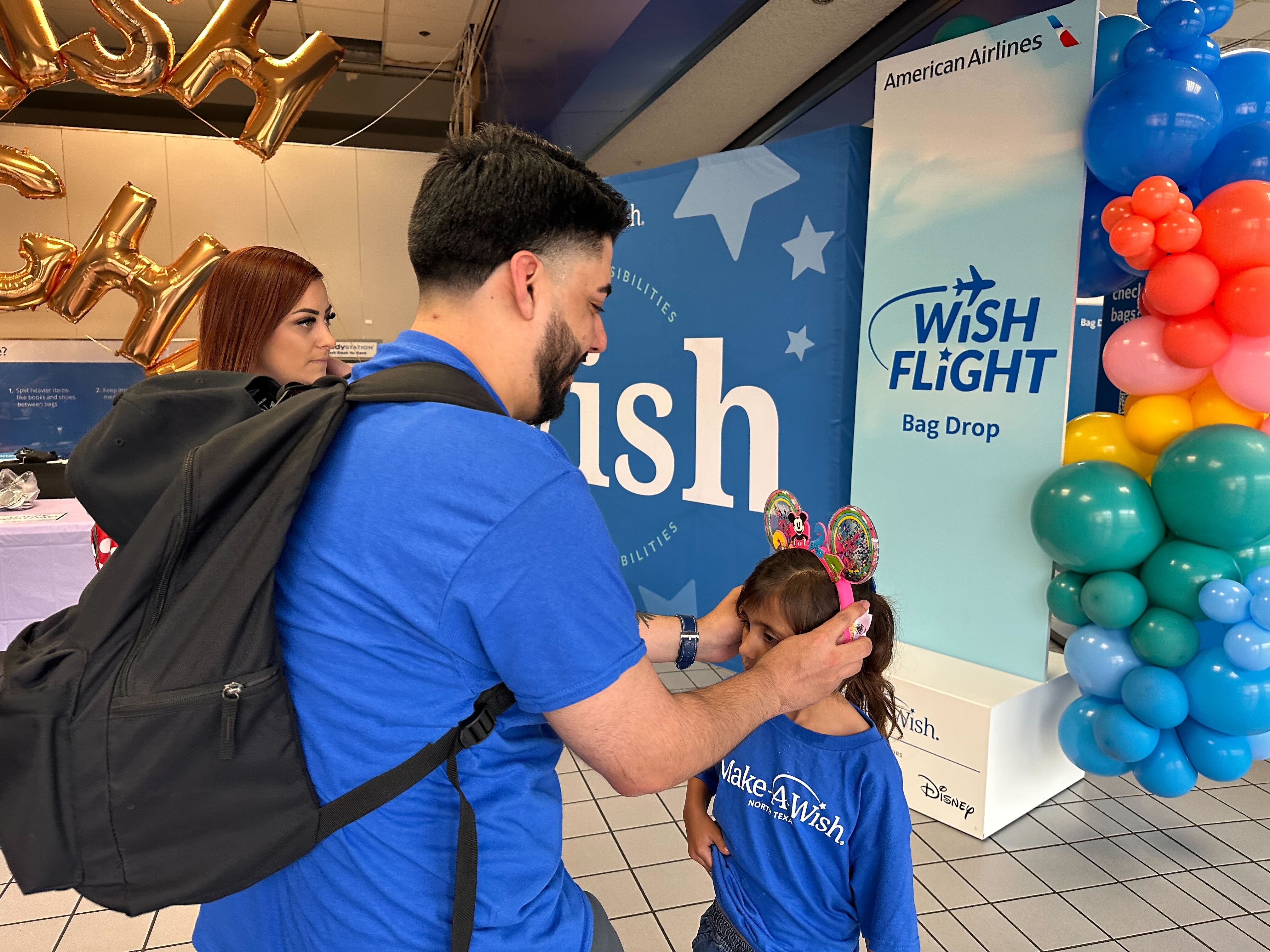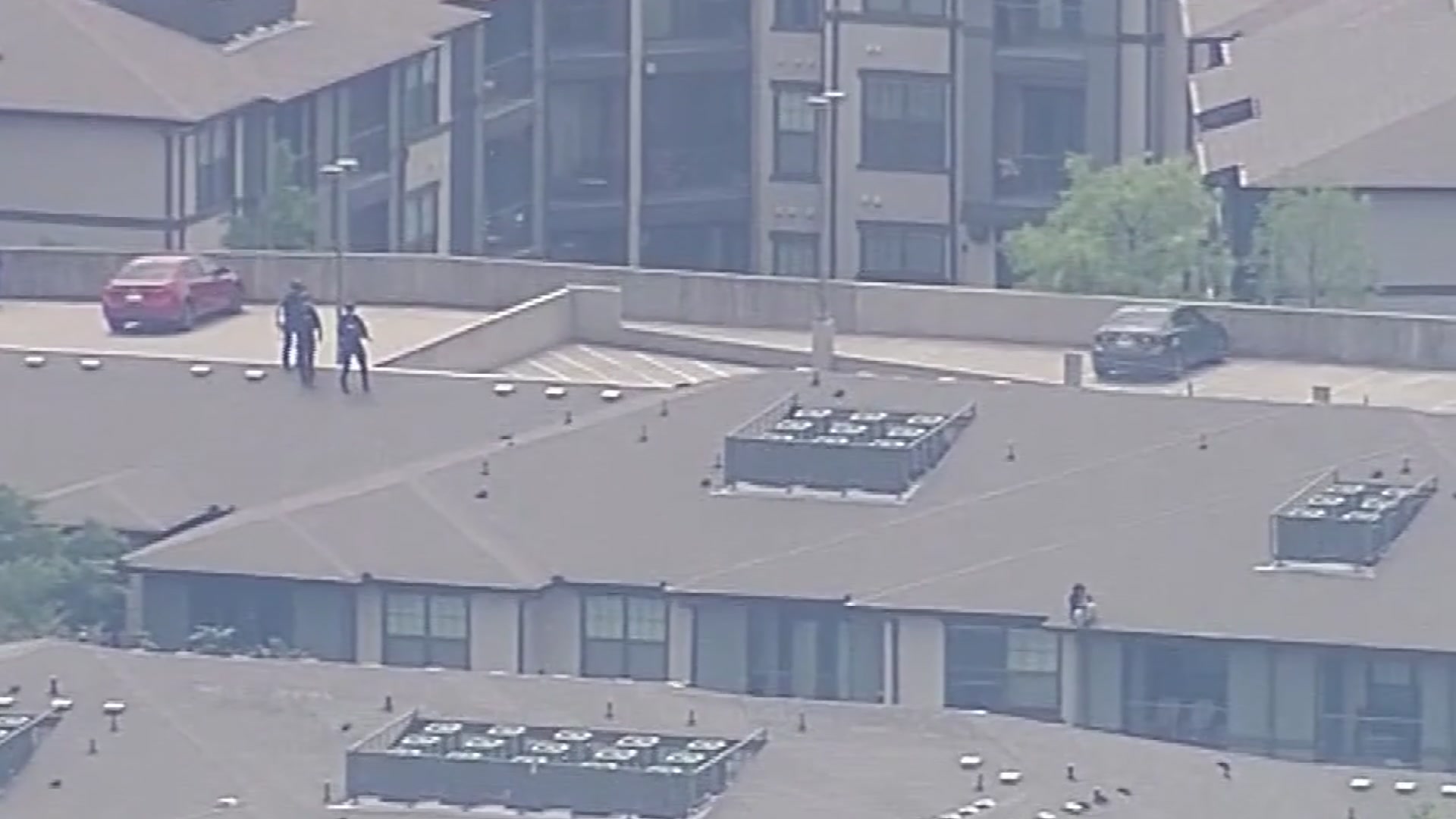North Texas is booming — something that's unlikely to change anytime soon. And it's why local leaders say we must start addressing the transportation needs of the future.
But they insist the solution isn't more highways.
"We can't keep building highways," said Grapevine Mayor William D Tate. "They're too expensive. It costs millions of dollars to build an overpass. And [to acquire] the right of way, you keep having to tear down businesses."
So what is the answer? That's what Tate, Fort Worth Mayor Betsy Price and Arlington Mayor Jeff Williams met with members of the Tarrant Regional Transportation Commission Wednesday to discuss.
"We really have to think about the region as a system," Price said. "How do we connect people? How do we make it easier for them to get around — whether it's trains, whether it's buses, whether it's cars? But like we've said, you're never going to pour enough concrete to accommodate that."
Each of the mayors highlighted various projects their cities are working on.
In Arlington, for example, Williams said the city is putting a serious focus on emerging transportation technologies.
Local
The latest news from around North Texas.
"We are at the beginning of a transportation technology revolution," Williams said.
Earlier this year, the U.S. Department of Transportation selected Arlington as a national test site for the research and development of autonomous vehicles.
Williams said later this month, driver-less shuttles will begin operating in the city's Entertainment District, transporting visitors between parking lots and Globe Life Park, as well as Six Flags Over Texas.
"I tell you what, when I got in one and there was no steering wheel and no brake, it was a little nerve-racking," Williams said. "But it worked. It's phenomenal when you think about that technology is here. It will be the first test of an autonomous people mover for the public."
In September, Arlington will also soon roll out smart traffic light technology that will allow driving apps to let drivers know when a light will turn red and how long that light will stay red.
"It will calculate your optimal travel speed along the way to best utilize your fuel and use your time as you go through it," Williams said.
Price and Tate both touted the TEXRail project as a game changer for their cities. The direct connector between Dallas/Fort Worth International Airport and downtown Fort Worth is expected to be operating by the end of 2018.
"Boy, this is like man landing on the moon," Tate said. "This is a giant leap for mankind, to tie DART and The T together and to be able to ride all day on either system on one ticket."
Both mayors hope their cities' initial investment in the project will encourage others to get on board with it down the road.
"I think it's the first stake in the ground that says we're serious about mass transit," Price said. "This leg from the Intermodal Center to D/FW Airport will be that first symbol that we really want to do this. The ridership, we expect to be really big — bigger even than we thought it might be. And once you have that investment and that equity built in that piece, that gives you the ability to go back to your citizens, to Austin, and to your friends in Washington and say look how successful this is. Now, we need to expand it."
Price also shared that leaders in Fort Worth are working on a possible $400 million bond issue package, where up to 65 percent of the money would be designated for transportation projects.
All three mayors encouraged transportation leaders to find innovative solutions to the region's transportation problems and to stay on the forefront of new technologies and modes.



